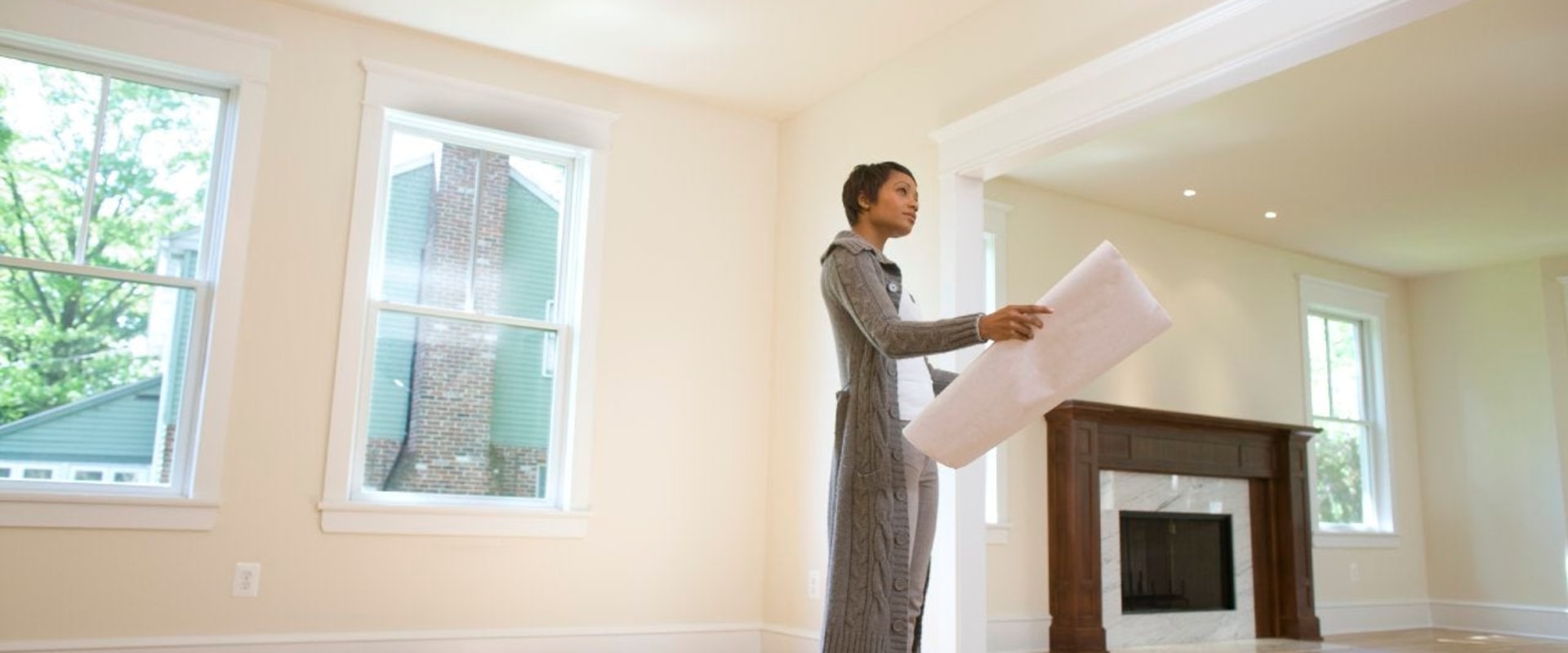Home appraisals are a crucial component of real estate transactions, serving as an objective evaluation of a property’s market value. Appraisals are typically conducted by licensed professionals who assess various factors such as the property’s condition, location, size, and recent sales of comparable properties in the area. The outcome of a home appraisal often influences the loan approval process, negotiation strategies, and final selling price. But the question remains: Are home appraisals accurate? While appraisals are designed to provide an unbiased estimate of a property’s worth, several factors can affect their accuracy. Understanding the limitations and potential discrepancies involved can help buyers and sellers navigate the real estate market more effectively.
What Is a Home Appraisal?
A home appraisal is a professional assessment of a property’s value, usually conducted during a real estate transaction. Lenders often require appraisals to ensure that the amount they lend is in line with the property’s market value, minimizing their financial risk. Appraisers examine various elements such as the property’s size, condition, location, and any recent upgrades or renovations. They also compare the property to similar homes that have recently sold in the area, known as comparable sales or “comps.” These comps help establish a baseline for determining the home’s market value. While appraisals are meant to provide an unbiased estimate, the process is not always foolproof, and results can vary.
Factors Influencing Appraisal Accuracy
Several factors can influence the accuracy of a home appraisal, leading to potential discrepancies between the appraised value and the market value. One of the most significant variables is the selection of comparable properties. If an appraiser chooses comps that are not truly reflective of the subject property’s condition or features, it can result in an inaccurate valuation. Additionally, appraisers may not always be familiar with the nuances of the local market, particularly in diverse areas where property values can vary significantly within short distances. This can lead to a mismatch between the appraised value and what buyers are actually willing to pay for a property.
Subjectivity in the Appraisal Process
While appraisers follow a standardized process, there is still an element of subjectivity involved. For example, two appraisers evaluating the same property may arrive at slightly different conclusions based on their interpretation of the property’s condition or the quality of the comparable properties used. Factors such as curb appeal, interior updates, and even the overall presentation of the home can influence an appraiser’s perception. Real estate professionals, including companies like Sell My House Fast San Diego, recognize these variances and often advise clients on how to prepare their homes to maximize appraisal values. They understand that improving the home’s presentation can positively impact the appraiser’s assessment, even though appraisals aim to be as objective as possible.
Market Fluctuations and Their Impact on Appraisals
Another challenge in ensuring appraisal accuracy is the fluctuation of real estate markets. Market conditions can change rapidly due to economic shifts, local developments, or changes in buyer demand. Appraisals are based on recent sales data, which may not always reflect the most current market conditions. For example, if a neighborhood experiences a sudden increase in demand, the comps used by the appraiser may already be outdated, leading to an undervalued appraisal. Conversely, in a declining market, an appraisal based on comps from a stronger market period may overvalue the property. These market dynamics can create discrepancies that may not align with the property’s current value.
Appraisal Gaps in Competitive Markets
In competitive markets where bidding wars and multiple offers are common, the appraised value of a property may fall short of the agreed-upon sale price. This is known as an appraisal gap, and it can create challenges for both buyers and sellers. Buyers who have agreed to pay above the appraised value may need to make up the difference out of pocket, as lenders typically only finance up to the appraised amount. Sellers, on the other hand, may face difficulties closing the sale if the buyer cannot cover the gap. Companies help their clients navigate these situations, advising on strategies to close deals even when appraisal discrepancies arise. In such markets, understanding the potential for appraisal gaps is crucial for setting realistic expectations.
Appraiser Experience and Local Knowledge
The experience and local knowledge of the appraiser can also impact the accuracy of a home appraisal. An appraiser who is well-versed in the specific area where the property is located is more likely to provide an accurate valuation. They are familiar with neighborhood trends, the value of specific upgrades, and the nuances that can influence home values in that region. Conversely, an appraiser who lacks familiarity with the local market may struggle to select the most appropriate comps, resulting in an inaccurate appraisal. This is why some real estate professionals recommend working with appraisers who specialize in the area to increase the likelihood of an accurate assessment.
Are Appraisals Always Accurate?
While home appraisals are designed to be as accurate as possible, they are not infallible. Several factors, such as market fluctuations, appraiser experience, and the selection of comparable properties, can influence the results. It is important for buyers and sellers to understand that appraisals are estimates based on available data and professional judgment. In some cases, appraisals may be lower or higher than expected, and it is crucial to be prepared for these outcomes. For sellers working with companies, it is beneficial to get expert guidance on how to position their property favorably to achieve the best possible appraisal outcome.
Conclusion: Appraisals Are Estimates, Not Absolutes
In conclusion, while home appraisals are a vital tool in the real estate industry, they are not always 100% accurate. They provide a professional estimate of a property’s value based on available data and comparable sales, but they can be influenced by various factors, including market conditions, appraiser expertise, and subjectivity in the evaluation process. Buyers and sellers should approach appraisals as a guide rather than an absolute value, understanding that discrepancies may arise. Working with experienced real estate professionals and appraisal companies that know the local market can help minimize these discrepancies and provide a more accurate assessment. For homeowners looking to sell, collaborating with experts can ensure that they maximize their home’s value and are well-prepared for the appraisal process, leading to a smoother transaction and a more accurate valuation.




